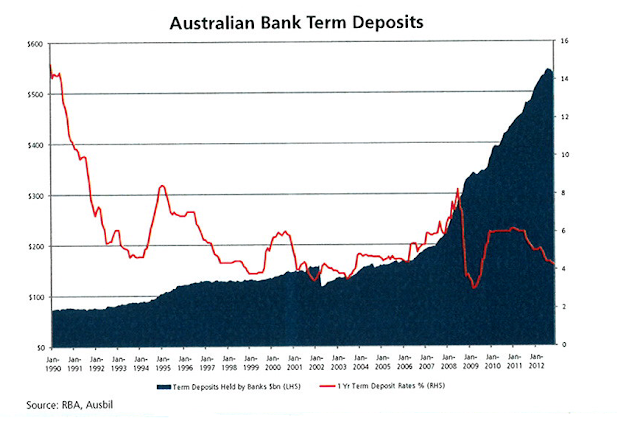Akrad is back again today looking at seven ways to keep your money. These are very simple concepts that we all know and few live by.
1. Start thy purse to fattening
Arkad instructs the men to begin by continuing to work hard at their current occupations, but for every ten coins placed in their purse to take out for use but nine. "Deride not what I say because of its simplicity," Arkad says, "Truth is always simple."
2. Control thy expenditures
"How," some of the men ask, "Can a man keep one-tenth of all he earns in his purse when all the coins he earns are not enough for his necessary expenditures?" "How many of you have lean purses," Arkad asks. All of the men say that they have lean purses, that they have no money. "Yet," Arkad responds, "Thou do not all earn the same. Some earn much more than others. Some have much larger families to support. Yet, all purses are equally lean. Now I will tell thee an unusual truth about men and the sons of men. It is this: That what each of us calls our necessary expenses' will always grow to equal our incomes unless we protest to the contrary." Arkad tells the men not to confuse necessary expenses with their desires, that all men are burdened with more desires than they can gratify. "Budget thy expenses that thou mayest have coins to pay for thy necessities, to pay for thy enjoyments and to gratify thy worthwhile desires without spending more than nine-tenths of thy earnings."
3. Make thy gold multiply
Once you've started saving at least one-tenth of what you earn, you must put that money to work earning interest. "Put each coin to laboring that it may reproduce its kind even as the flocks of the field and help bring to thee income, a stream of wealth that shall flow constantly into thy purse."
4. Guard thy treasures from loss
"Everyone is tempted," Arkad relates, "By opportunities whereby it would seem that a man could make large sums by investing his money in most plausible projects. Often friends and relatives are eagerly entering such investment and urge him to follow." The first sound principle of investment is security—what is a person who wants a loan from you offering as
collateral? Arkad relates again his decision to invest his money with a brickmaker who was going to buy jewels to trade. Some
Phoenicians took advantage of the brickmaker's naivety concerning jewels and sold him bits of colored glass. "Guard thy treasure from loss by investing only where thy principle is safe, where it may be reclaimed if desirable, and where thou will not fail to collect a fair rental. Consult with wise men. Secure the advice of those experienced in the profitable handling of gold. Let their wisdom protect thy treasure from unsafe investments."
5. Make of thy dwelling a profitable investment
If you pay
rent to a
landlord all your life, at the end of your life you'll have nothing to show for it. If you can instead pay a
mortgage on a house, at the end of your life you'll have a house to show for it. "Own thy own home."
6. Insure a future income
Arkad instructs the class to prepare for retirement and to buy insurance so that their family will be provided for if they die. "No man can afford not to insure a treasure for his old age and the protection of his family, no matter how prosperous his business and his investments may be." Arkad then foretells the future creation of
life insurance companies. "Provide in advance for the needs of thy growing age and the protection of thy family.
7. Increase thy ability to earn
A man must set concrete goals and work to achieve them. These goals should not only be to advance in one's career or one's position, but also to become wiser and more knowledgeable. Further, if a man respects himself, he must do the following:
- Pay his debts promptly and not stay in debt.
- Take care of his family.
- Make a will.
- Have compassion upon those who are injured and smitten by misfortune and aid them within reasonable limits; do deeds of thoughtfulness to those dear to him.
"
Cultivate thy own powers, to study and become wiser, to become more skillful, to so act as to respect thyself. Thereby shalt thou acquire confidence in thyself to achieve thy carefully considered desires."
From the book The Richest Man in Babylon.
http://www.amazon.com/gp/product/0451205367?ie=UTF8&tag=lifevisions-20&linkCode=as2&camp=1789&creative=9325&creativeASIN=0451205367
This is general advice and does not take into consideration your personal circumstances.


